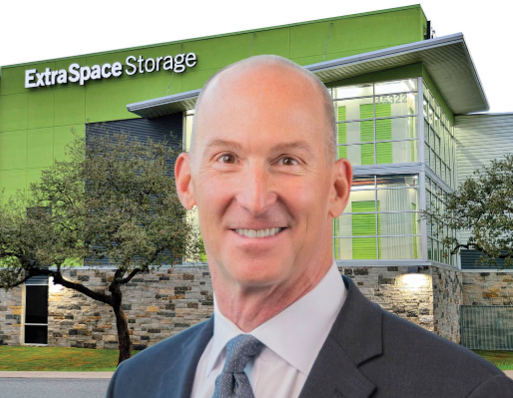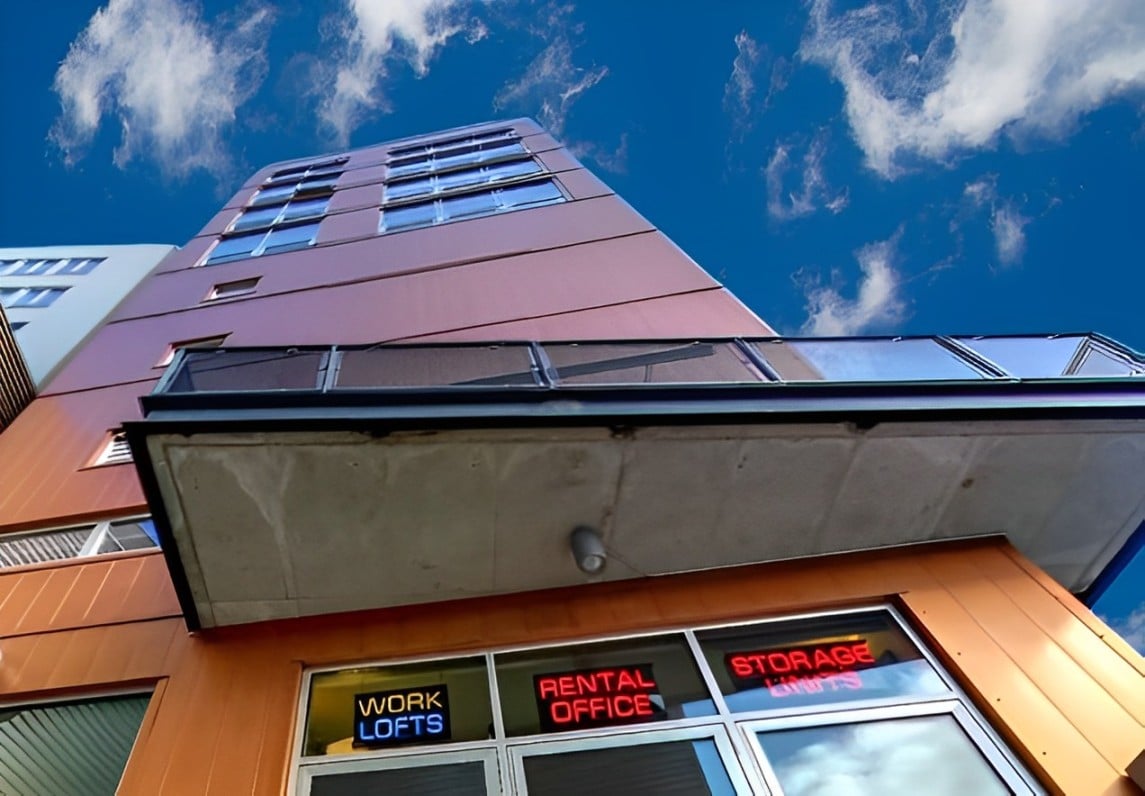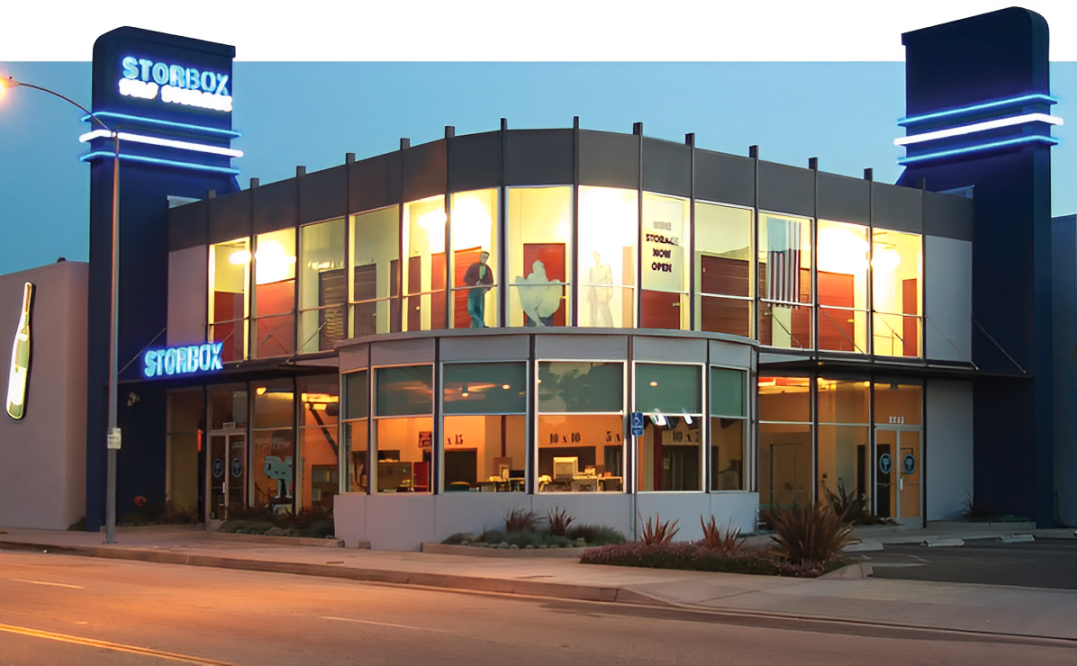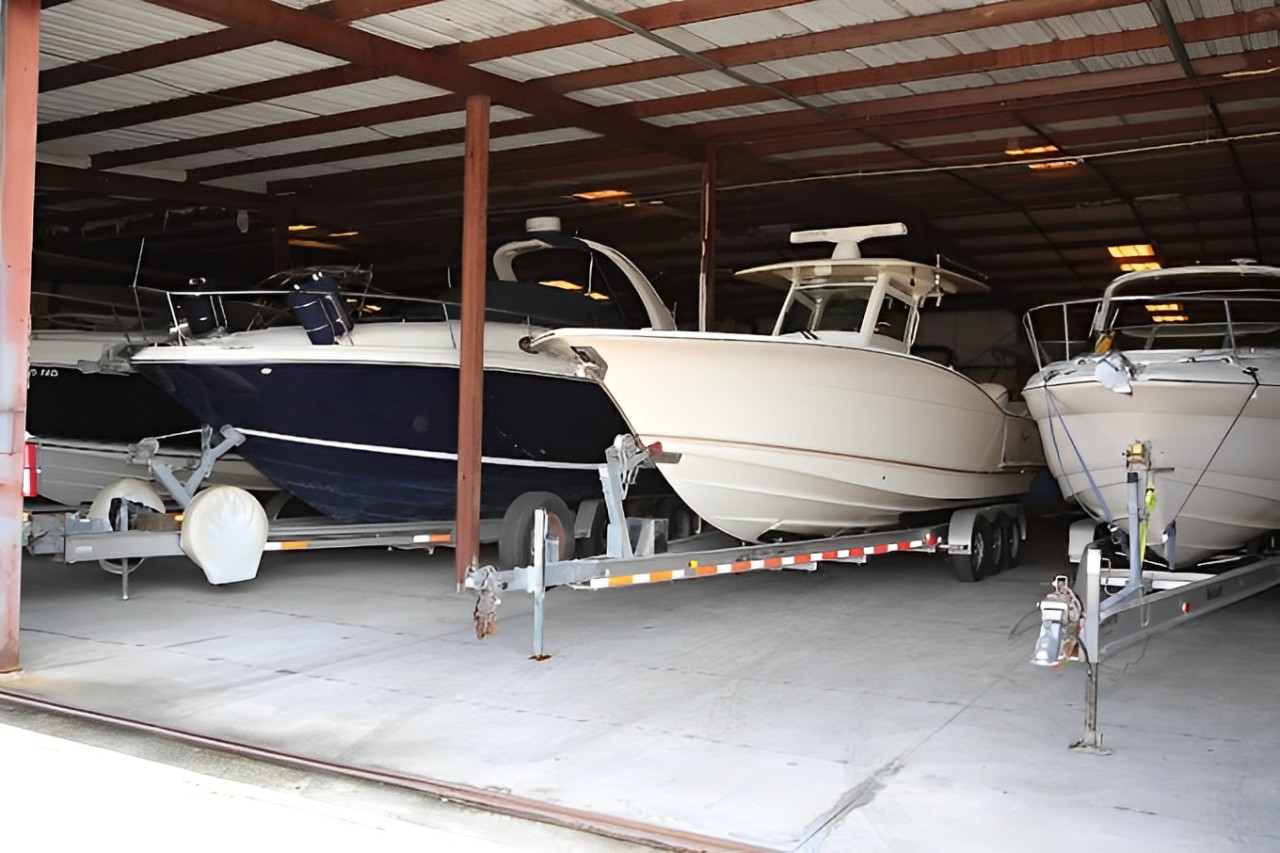Rally Support: Self-Storage Can Be The Best Use For Land
The way we live is continuously evolving. From the once sought out luxury mansions to the ongoing rise of small housing unit developments and van-dwelling, we are living in an era where the drive to downsize our living spaces is increasing without wanting to discard our belongings. To adapt to those changes, people are relying more on self-storage units as a home for their possessions, causing the demand for storage facilities to grow exponentially.
In the past, finding sites for self-storage was simple. Developers sought out underutilized, industrial areas and parks, or areas where large commercial development and retailers were not welcomed or interested in. However, as the number of residential, commercial, and community developments increase, it has become more difficult to find suitable land for self-storage units. This is where Atwell can help.
The Benefits
It may not seem like it from the outside, but there are many financial and community benefits that come with self-storage facilities, including the procurement of property taxes. Since self-storage facilities can have large sites, they are able to contribute a significant amount of money to the local government. Also, based on the use and land planning, they do not generate excessive traffic like other establishments, such as shopping centers and other uses. On average, only a small percentage of users visit the facility monthly, while others may only go few times a year. The traffic self-storage facilities generate tends to occur on weekends, mornings, or evenings, when the roads are typically quiet. Self-storage facilities also have a very minimal impact on sewer infrastructure, which is vital when encouraging additional developments in high-growth markets. Lastly, as society continues adjusting to the pandemic lifestyle, coupled with the inflation aftermath, the demand for self-storage facilities is high in growing markets as people relocate or acclimate to their changing living situations.
Good Neighbor Policy
Self-storage facilities do not have the best reputation based on what is portrayed in the media. They are often perceived to be located in a dark, seedy areas with inadequate and unreliable security. However, that is the furthest thing from the truth, especially with today’s newer facilities that are designed with safety and appearance in the forefront of the developer’s minds. They are secured by guards, gates, and/or keypads; well-lit; and regularly cleaned. They are designed with aesthetically pleasing color palates that helps integrate and complement its surrounding community. Storage companies also reach out to local communities by hiring an artist to create a mural for the facility or establish relationships with schools and charity organizations to volunteer storage space for their causes. They are also quiet places with only a few visitors each day, making it a good neighbor for any businesses or homes nearby.
Low-Impact Use
From an engineering standpoint, storage facilities have a significantly low impact on utilities. With the exception of fire protection, the water and sewer demands are minimal. There is low usage for electrical and gas, especially if they are temperature-controlled facilities. As technology continues to become more affordable, self-storage facilities will slowly be implementing solar panels, which would further minimize electrical usage.
Self-storage facilities create low traffic generation, low utility impact, and less sewer flows. There are no significant parking needs and environmental/municipal impacts; they are good for infill sites, and they are well received by neighborhoods because of their quiet demeanor and generally limited hours of operation. The most important determining factor is finding the proper location.
There are many instances that Atwell finds self-storage facilities are the best use for a specific site. In one circumstance, the city might not permit a high traffic generating project, but they would allow self-storage. This provides an opportunity for the developer to really partner with the public, instead of fighting with the city and further complicating the traffic situation in the local community.
In another instance, neighborhoods have shown some opposition to self-storage due to their reputation and appearance. However, by listening and working with communities to provide local support and really become part of the community, they could be more accepting of the idea. This can be achieved by hiring people from the community and implementing design elements that represent the community and their values. These design elements can vary from local art and shading structures to benches and rest areas, or any amenity that can be useful to the community. The storage companies could also donate storage space to the local organizations to demonstrate their commitment and passion to the community.
A Professional Difference
Instead of attempting to do it alone, project management companies like Atwell offer the tools and knowledge to get the most out of your self-storage facility while also considering the community and environment surrounding it. Some of those companies are made up of land solution agents; GIS and mapping experts; land planning connoisseurs; environmental and natural resources specialists; surveying crews; engineering professionals consisting of civil, electrical, and mechanical engineers; and program and construction managers. Via a single point-of-contact, clients can receive the benefits of numerous teams throughout the organization, providing local knowledge and support as well as program-level consistency and standards. Project management companies are partners that think ahead and anticipate challenges to help you build a winning development strategy. Real estate and land development experts have spent their careers helping investors and developers maximize quality, profits, and appeal. Look for a company that has gained a reputation as a trusted advisor to investors, developers, managers, and communities in the built environment.
“Atwell can scale as needed to meet your self-storage challenges,” says Ramzi Georges, team leader of the Southwest U.S. Region of Atwell, has more than 25 years of experience in civil engineering. His knowledge in self-storage projects, including entitlements, planning and zoning, grading and drainage, paving, and water and sewer design, makes him an industry expert. “Our teams can tackle the coordination, permitting, and engineering challenges associated with entitlements, design, and construction. We are a business of passionate people and proud of our long-lasting client relationships. When our teams work together on your behalf, remarkable things happen.”
Shay Wright, MBA, LSSBB, oversees client relations and project management in the Southwest Region for Atwell, LLC, which was established in 2009. With a history that dates back over 115 years, Atwell has the experience, existing relationships, and industry knowledge to bring a competitive edge to any self-storage project. With a national presence, Atwell has worked on self-storage projects from New Jersey and Michigan to Arizona, Colorado, and Texas. Atwell offers full-service capabilities, including land and right of way support, engineering, land surveying, environmental compliance and permitting, and program management, which means the Atwell team can take your project from concept to completion, all under one roof.
More Content
Popular Posts
The self storage industry is in a precarious...
The REITs new pricing strategy – lowering...
With the approval of both companies’...
Recent Posts
Ramey Jackson is the CEO of Janus...
Imagine preparing to move and needing to...
Owning or managing a self-storage facility...
Helen Keller is quoted as saying, “Alone we...
It’s often been said that “opportunity is...
There’s a saying in Florida that there are...
The landscape of the self-storage industry...














